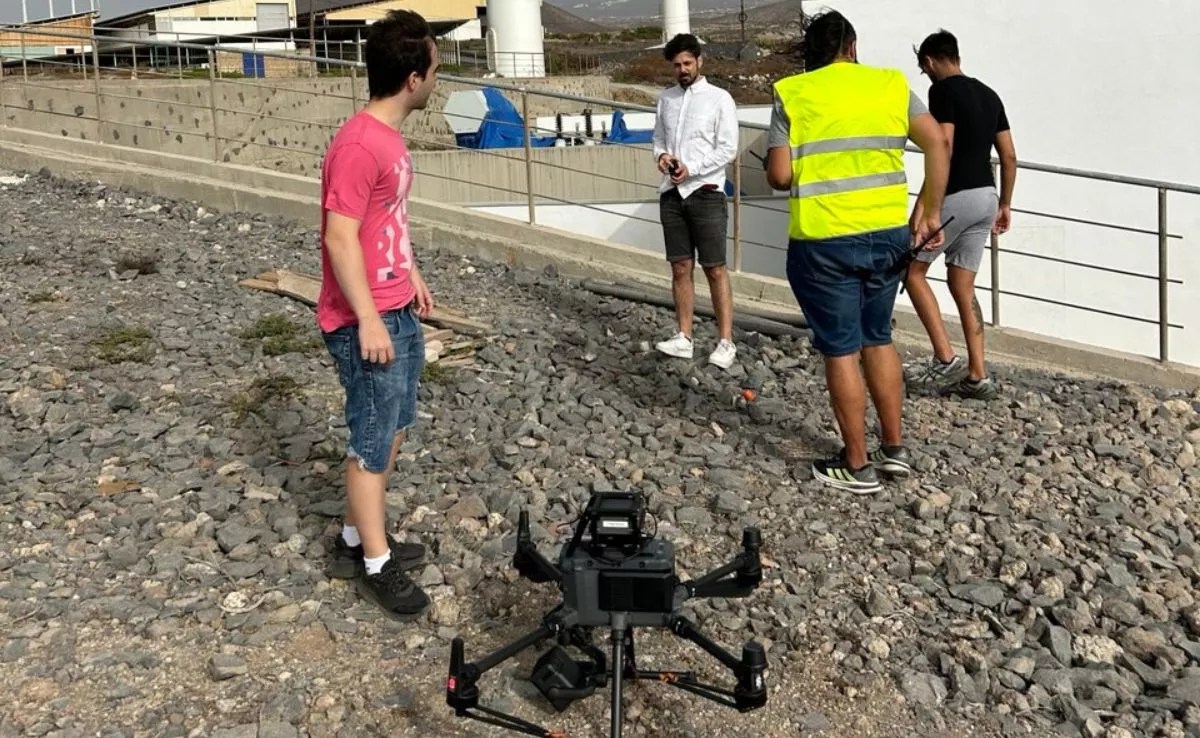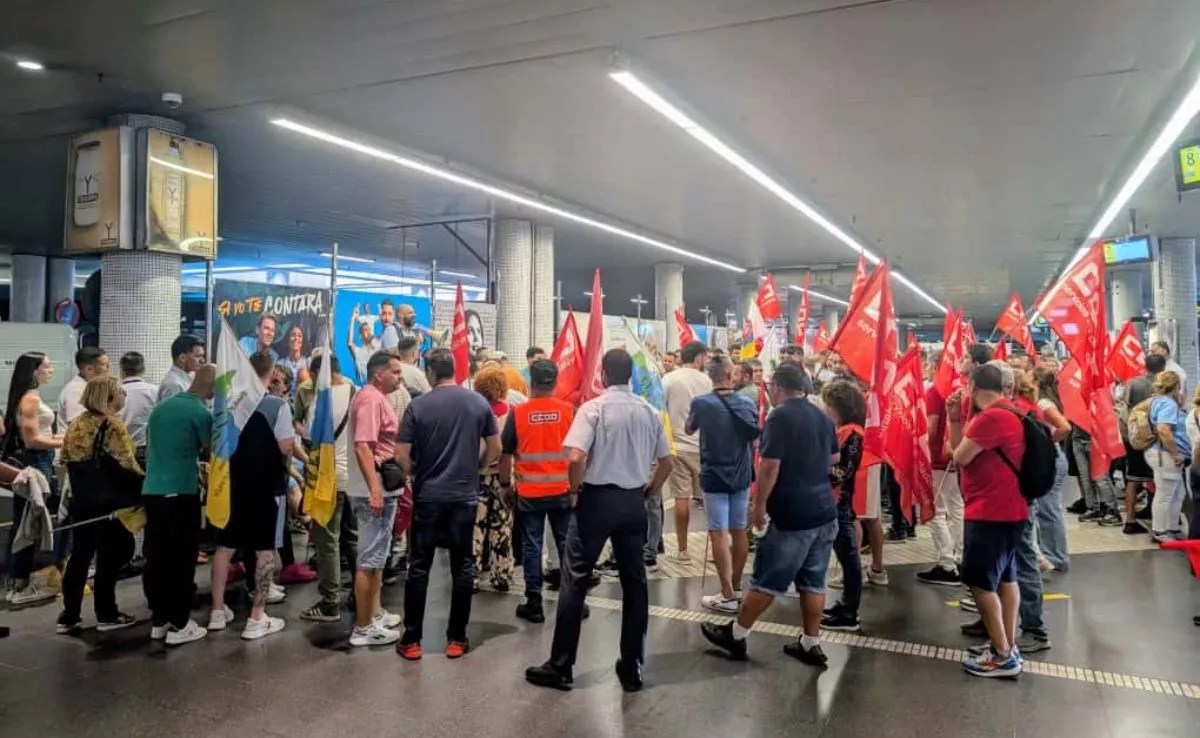
SANTA CRUZ DE TENERIFE, Oct. 14 (EUROPA PRESS) –
The City Council of La Orotava and the Cabildo of Tenerife have edited a forty-minute documentary that will make it possible to publicize what happened during the Civil War and the beginnings of the Franco dictatorship in the town municipality, at the same time as being a recognition of the people who were victims of those abuses.
The mayor, Francisco Linares, has indicated that this work has been possible thanks to the subsidy that the City Council requested from the Cabildo to participate in the global project promoted by the insular Institution to partially finance twelve investigations into the horrors of Franco’s regime committed in other so many municipalities on the island. For this project, which represents an investment of 14,980 euros, the Cabildo contributed 10,000 euros and the City Council the rest.
Francisco Linares has stressed the importance of this type of work and initiatives, which “allow us to recover our historical and democratic memory to keep present a crucial episode in the contemporary history of the town.” He also highlighted the pedagogical nature of the documentary when explaining the repressive process of the Civil War in the Canary Islands, “so it constitutes a significant informative resource for the population that is largely unaware of the recent history of the archipelago and becomes an excellent tool to be used in educational, social and cultural centers on all the islands”.
In this case, we have opted to make a documentary whose protagonists are the brothers Lucio and Manuel Illada Quintero, as well as Pedro Hernández Lorenzo and Balbino San Millán López, whom the City Council named Villeros de Honor, posthumously. , in 2010. They were recognized for their involvement in the avant-garde mobilizations that took place in the Republican era (1931-1936), their imprisonment after the outbreak of the Civil War (1936-1939) and their subsequent escape to the former Spanish colony of Villa Cisneros (Western Sahara) in March 1937. After the end of the conflict, in 1940, the four were captured and shot by Franco’s military regime.
With the recording of this documentary, in which informative and accessible language is used, the aim is to recognize and dignify the lives of these four residents of La Orotava who, along with other fellow natives of the Canary Islands, starred in one of the episodes of most important escape in the history of the Spanish Civil War. Likewise, the work allows us to analyze one of the most important repressive aspects of the aforementioned civil conflict, as well as the military dictatorship imposed as of April 1, 1939, such as the death sentences by firing squad.
The research work has been based on the consultation of reliable documentary sources from this historical period, and on conducting multiple interviews with the relatives of those who were retaliated against and with historians who are experts in this dark era of Spanish history. It also shows graphic documents of a historical nature that help to understand the processes described and the press archive of the time, including photographs.
















